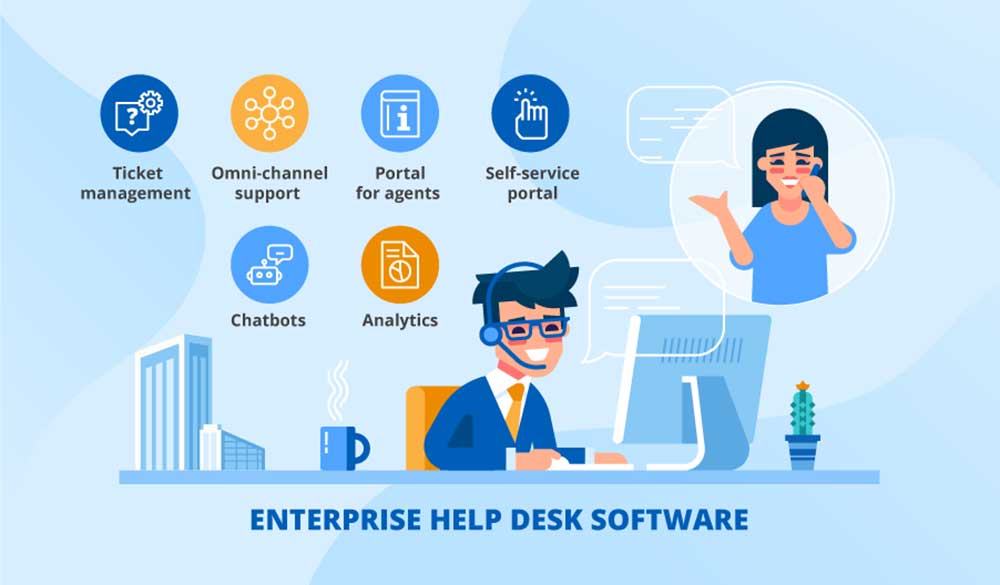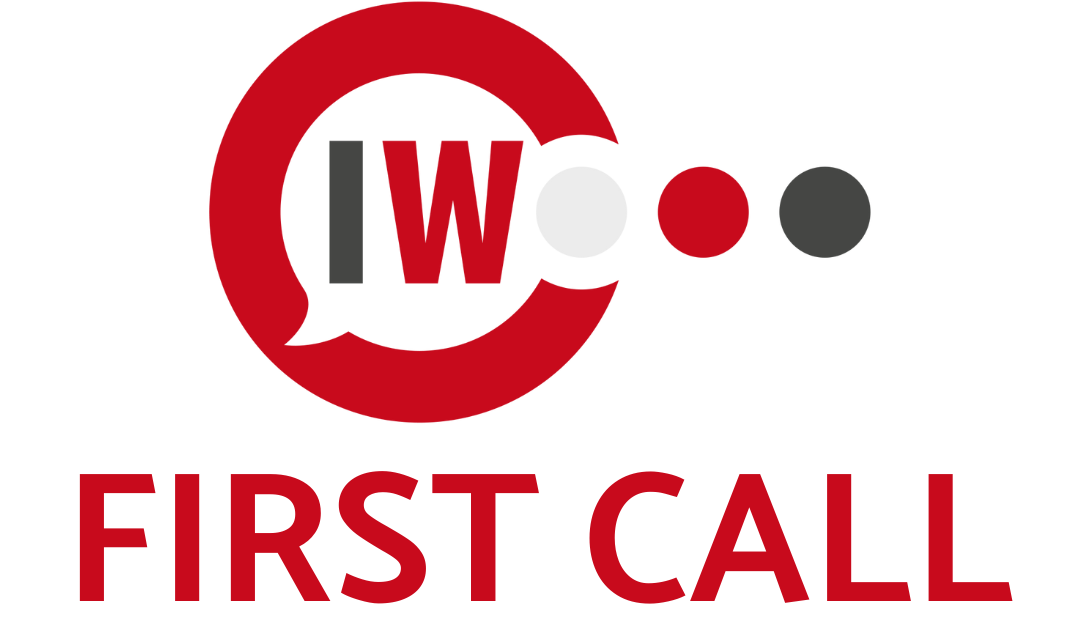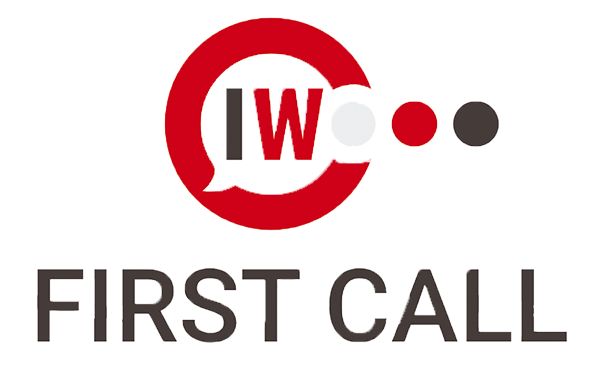The industry trends in the help desk industry are undergoing a significant transformation. The emergence of artificial intelligence and machine learning is revolutionizing the world of technology and impacting every industry, including helpdesk software. Virtual assistants are replacing human agents, and customers are seeking better information, support, and service.
As a result, helpdesk software has become one of the most valuable tools for business leaders aiming for success and productivity. To meet the demands of the advanced workforce, dedicated and intelligent helpdesk systems are a must-have.

Although it is challenging to predict the future of helpdesks, one thing is sure: upcoming technology and industry trends will have a significant impact.
Technology can provide helpdesks with the ability to provide much better support to their customers, and staff will need to become more productive, informed, and authorized to keep up. Besides AI and ML, there are also other industry trends that impact and shape the future of help desks. Some of them are:
Use of analytics and reporting tools
Predicting trends and identifying which problems are troubling customers. Most help desk solutions work on integration with other tools to improve analytics and reporting efficiency. By aggregating information from all sources, proactive strategies can be developed and served to potential customers. AI-powered technology will be able to deliver better data, predict customer expectations, answer multiple questions, manage repetitive tasks, and make decisions without human input.
Easy management and sharing of information
To empower hybrid teams, helpdesk software must allow members easy management and sharing of information through cloud-based storage, ensuring that all team members have access to the same information while maintaining security and privacy elements.
Automation
Chatbots are a highly versatile and widely used solution that can be employed in various ways. Their adaptability has made them a popular choice for helpdesk support. The COVID-19 pandemic has only increased its popularity.
Automation can come into play here, as chatbots can be programmed to quickly provide answers to simple queries using the organization’s knowledge base. With the implementation of AI and machine learning, chatbots will become even more effective and widespread.
Omnichannel support

In today’s world, there are numerous devices and communication channels, such as emails, social media, and instant messaging. Offering omnichannel support enables your team to provide timely assistance in the right context, without the need to repeatedly ask for customer data.
Omnichannel support means you can offer a full customer experience across channels, providing reliable service and reducing resolution time.
Proactive customer service
Competition is increasing day by day, so providing prompt solutions to customer issues before they even arise is the primary goal for helpdesk agents.
Offering proactive service is crucial. Proactive customer service can involve alerting customers to delays or announcing new products or services, as well as enhancing their experience, such as upgrading someone’s airline seat.
Remote work is the new normal
Remote workforces can provide cost savings and significant benefits. Many organizations will opt to hire freelancers to save money. This also means that more and more companies will allow their support agents to work remotely.
Remote support technology
Companies must invest more in support technologies so that their agents can provide quality support. Additionally, remote technologies can benefit managers by allowing them to monitor agent performance, even when working from home.
Personalized experiences
Customer information is often scattered across multiple platforms, but it’s crucial to centralize this data in one hub. Customer data is a valuable tool, especially regarding the customer journey. Having all the information in one place will enable you to offer personalized customer experiences.

Although machines will replace human jobs, human agents will always be essential in the helpdesk industry. Machines through reciprocal intelligence will help agents act wiser in solving customer issues. AI-based software will become the teammate to helpdesk staff, generating more effective answers than agents in some cases.
In conclusion, the helpdesk industry is constantly seeking mesmerizing solutions to serve both agents and customers, and modern help desks may include VR and AR guides that will walk customers through troubleshooting strategies in a more captivating manner. As a result, the number of agents required to go to a specific location to assess will significantly decrease.
Self-service portals, chatbots, and intelligent IVRs can help customers search for common solutions, and agents can seek extra guidance when needed. Helpdesk technology can even include video guides and instant acceleration options for a more professional response.
Having in mind all these trends, customer service companies should invest heavily in their help desks to keep up with customers growing demands.






